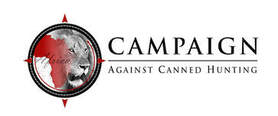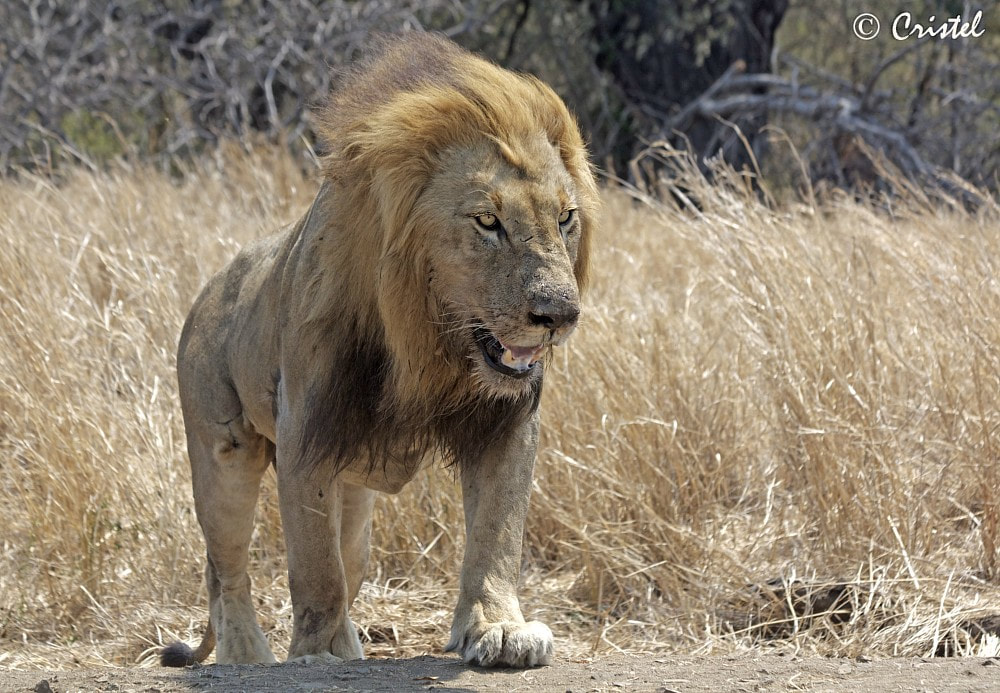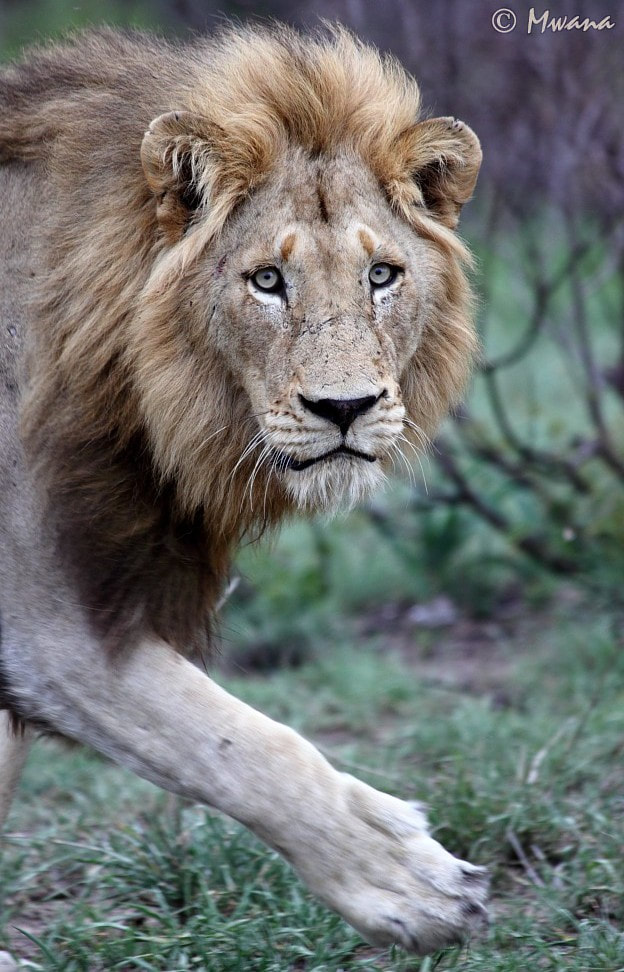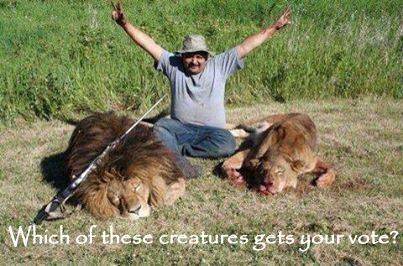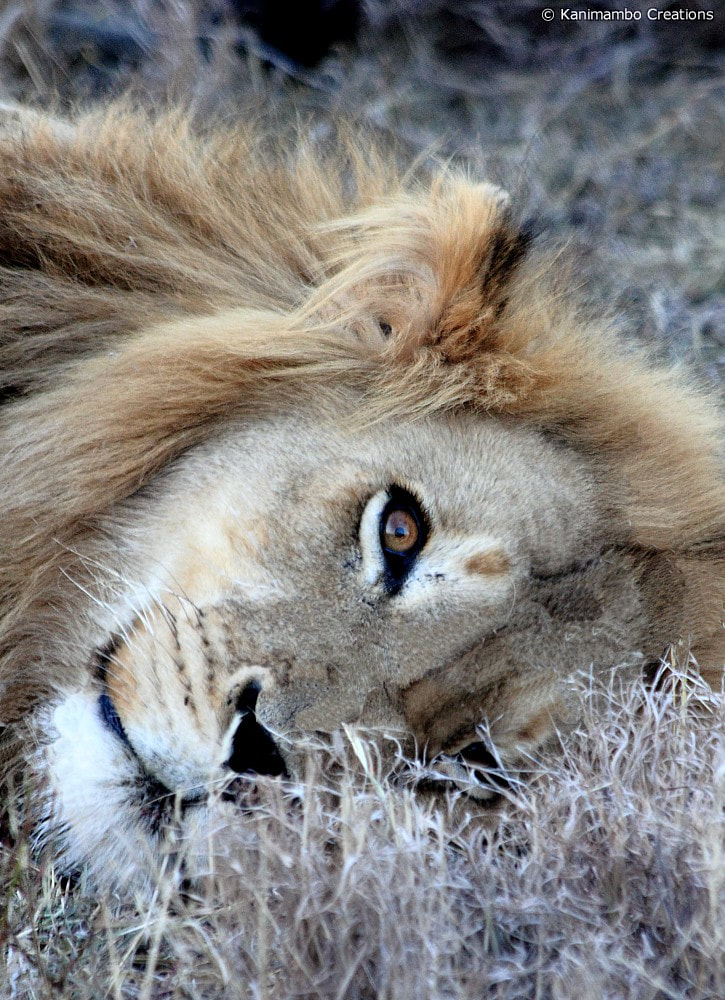
by
Richard Hargreaves
As you will probably be aware the South African Government issued a Media Statement on 16th July 2018 stating:
Minister Edna Molewa establishes lion bone export quota for 2018
In accordance with advice provided by the Scientific Authority, the Department of Environmental Affairs has determined the 2018 lion bone export quota. The approved quota of 1500 skeletons (with or without the head) is effective from 7 June 2018.
This was further to a South African Department of Environmental Affairs (DEA) statement dated 28th June 2017 setting the initial quota in 2017 as follows:
Lion export quota for 2017 communicated to the CITES Secretariat in line with CITES requirements
The Scientific Authority, through the National Convention on the International Trade in Endangered Species of Wild Fauna and Flora (CITES) Management Authority, has determined the 2017 export quota for lion bones and other derivatives of lion.
A quota of 800 skeletons (with or without skull) of captive bred lion has been determined.
This legal quota system was established at the 17th meeting of the Conference of the Parties to CITES in Johannesburg in the autumn of 2016 as part of a package of fudge measures to try to keep the conservation community sweet when, for the second time in CITES history, a valid and fully justified proposal to give lions the same ‘protection’ as all the other big cats under CITES / International Law was rejected to keep the massively rich and influential lion trophy hunting industry sweet.
When asked how its initial 2017 legal export quota of 800 captive-bred lion skeletons was established the DEA responded by stating:
“The South African National Biodiversity Institute (SANBI) reviewed available information regarding the export of lion bones, lion skeletons and captive produced lion hunting trophies from South Africa between 2005 and September 2016. Based on the CITES trade database information and two studies, (i) Bones of Contention: An assessment of South African trade in African lion bone and other body parts and (ii) Southern African Wildlife trade: an analysis of CITES trade in the South African Development Community (SADC) region – a study commissioned by the Department of Environmental Affairs and the South African National Biodiversity Institute, the Scientific Authority recommended an export quota of 800 skeletons per year. The Scientific Authority considered the recommendation by SANBI, and the comments were received by the Department of Environmental Affairs and made a recommendation to the Minister, relating to the final quota.”
In other words it was partly based on the 2015 ‘Bones of Contention’ report written for the TRAFFIC NGO by Dr Vivienne Williams from the University of Witwatersrand in Johannesburg, Andrew Newton from TRAFFIC and Andrew Loveridge and David Macdonald from the Wildlife Conservation Research Unit (WildCRU) within Oxford University’s Department of Zoology.
‘Bones of Contention’ was written further to contributions by the likes of Werner Boing who has granted probably hundreds of lion export permits from South Africa over the years and Pieter Potgeiter who was the previous President of the South African Predator Association (effectively South Africa’s canned hunting and captive lion breeding industry’s own governing body). As a result, perhaps unsurprisingly, with Williams as the lead author, ‘Bones of Contention’ concluded that:
“In South Africa, the trade in Lion bones currently has a negligible impact on wild Lion populations. The trade in bones appears to be a sustainable by-product of the sizeable trophy hunting industry in South Africa, and Lions that are hunted are almost exclusively captive-bred.”
For the recent quota increase from 800 to 1,500 South African captive-bred lions whose skeletons may legally be exported in 2018, the DEA relied upon a 2017 report for the South African National Biodiversity Institute (SANBI) titled ‘South African Lion Bone Trade – A Collaborative Lion Bone Research Project – Interim Report 1’. Again Dr Vivienne Williams was the lead author but for this one she was ably assisted by Michael ‘t Sas-Rolfes who is currently embedded as a Research Fellow within Oxford University’s ‘Oxford Martin Programme on the Illegal Wildlife Trade’. With a postgraduate degree in Environmental Resource Economics, ‘t Sas-Rolfes has been pro-trade for decades and is one of the few people outside of Asia to openly come out in favour of Asian tiger farming.
The 16th July 2018 Government Media Statement stated that Williams and ‘t Sas-Rolfes’ 2017 study revealed that:
- Due to quota restrictions, there appears to be a growing stockpile of lion bones in South Africa;
- There has been no discernible increase in poaching of wild lion in South Africa, though there appears to be an increase in poaching of captive bred lions for body parts (heads, faces, paws and claws);
- The captive breeding industry is in a state of flux as breeders respond in different ways to the US’ restrictions on trophies as well as the imposition of the skeleton export quota.
It also revealed that there were 14 applicants for the 2017 quota of 800 skeletons (four of whom had already exported lion bones to Asia in the past) and that the quota had been filled in less than two months. As a result a recent lion report for the upcoming CITES meeting in Sochi in October reveals that ‘t Sas-Rolfes will shortly publish a piece advising that:
“This constriction of the legal trade could lead to an illegal trade sourced both from South Africa’s captive population and from wild lions across the continent.”
I remember liaising with one of the world’s key lion scientists back in the early days of the lion bone trade out of South Africa who thought along similar lines, that maybe a captive-bred lion bone industry out of South Africa was a ‘necessary evil’ to soak up demand so it didn’t impact upon wild lion populations. I also remember the basic economic principle from my school days that supply feeds and stimulates demand. No doubt ‘t Sas-Rolfes would tell you that’s outdated now but it’s one of the very first things they teach you in High School level economics and sure enough it’s now being proven by reports of entire wild lion skeletons being removed after illegal killings from both Mozambique and the Kruger National Park.
Also, those ‘US restrictions’ referred to, which came into effect in January 2016 prohibiting US hunters from importing lion trophies from captive-bred sources, they were lifted by the Trump administration in March of this year…
Further, as we’ve been telling the conservation NGOs for years, these lion skeletons are passed off as tiger within tiger products once they reach Asia. As a result that massive South African injection into the supply side of the Asian tiger trade then feeds and stimulates demand for more tiger products, thereby increasing the poaching pressure on the world’s last 3,000 tigers and making this lion bone trade a far greater threat to wild tigers than it currently is to wild lions.
So what is CITES doing about all of this and this massive quota increase? For their Sochi meeting in October and no doubt for their next big tri-annual meeting of the Conference of the Parties in Sri Lanka next May they simply recommend that:
“In order to improve traceability Parties [to CITES] that are importing lion specimens from South Africa are encouraged to use the information generated by South Africa’s Barcode of Wildlife Project that South Africa developed for priority CITES species including lions and including DNA analyses of lions bred in captivity and exported as skeletons.”
So in other words, a green light for those 1,500 lion skeleton exports this year and no doubt further significant quota increases in the years to come, but for each of those lions who were the subject of lives uniquely their own and who didn’t want to die just stick a barcode on them after slaughter...
